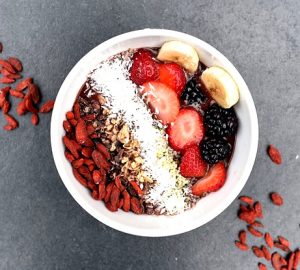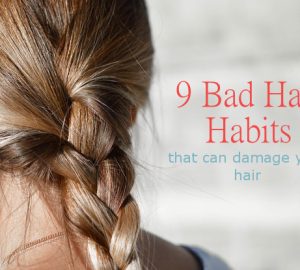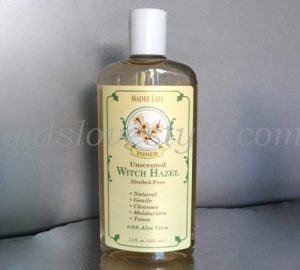Vitamin E
Vitamin E is a complex of eight antioxidants: four tocopherols (α-, β-, γ-, δ-) and four tocotrienols (α-, β-, γ-, δ-). The only active form that is retained in the human body is α-tocopherol.
Why vitamin E is important?
Vitamin E helps the body to fight cancer and heart diseases and infections. It strengthens the immune system and helps to relieve respiratory problems. One of the functions of vitamin E is to regulate the level of vitamin A in the body.
As an antioxidant, vitamin E has an amazing effect on the skin’s health. It is helping to protect it from the UV rays, pollution and other things that produce free radicals responsible for the destruction of tissues. Vitamin E is the main ingredient in many cosmetic anti-aging products. Vitamin E makes the skin look younger and smoother. Some studies suggest that vitamin E speeds up the healing process of sun or regular burns.
Vitamin E participates in the formation of reproductive cells and improves the fertility of both sexes. It also helps in preventing miscarriage.
Symptoms from the lack of vitamin E:
The most common symptoms that occur in the absence of vitamin E are:
Problems with the bile, pancreas and liver;
Pain or lack of sensitivity in the hands and feet;
Problems with the digestive system;
Anemia.
Overdosage with vitamin E is rare, but recent scientific studies show that it can happen. So beware if you take vitamin E as a supplement. Before you start taking it as a supplement, consult your doctor.
Recommended daily doses of vitamin E:
Babies (0-4 months) – 4mg
Babies (5-12 months) – 5mg
Children (1-3 years) – 6mg
Children (4-8 years) – 7mg
Children (9-13 years) – 11mg
Adults (14 and up) – 15mg
Pregnant women – 15mg
Nursing women – 19mg
Foods rich with Vitamin E:
Vitamin E is found in most vegetable oils, nuts, vegetables with green leaves (spinach), grains, sunflower seeds and pumpkin seeds, as well in avocados.
Foods rich in vitamin E are best to be eaten fresh, without been cooked. Cooked foods contain 50-90% less vitamin E than the fresh ones. Store the food rich in vitamin E well sealed, because vitamin E is sensitive to oxygen.
Get and enough vitamin C and zinc. They help the body to absorb vitamin E better.


